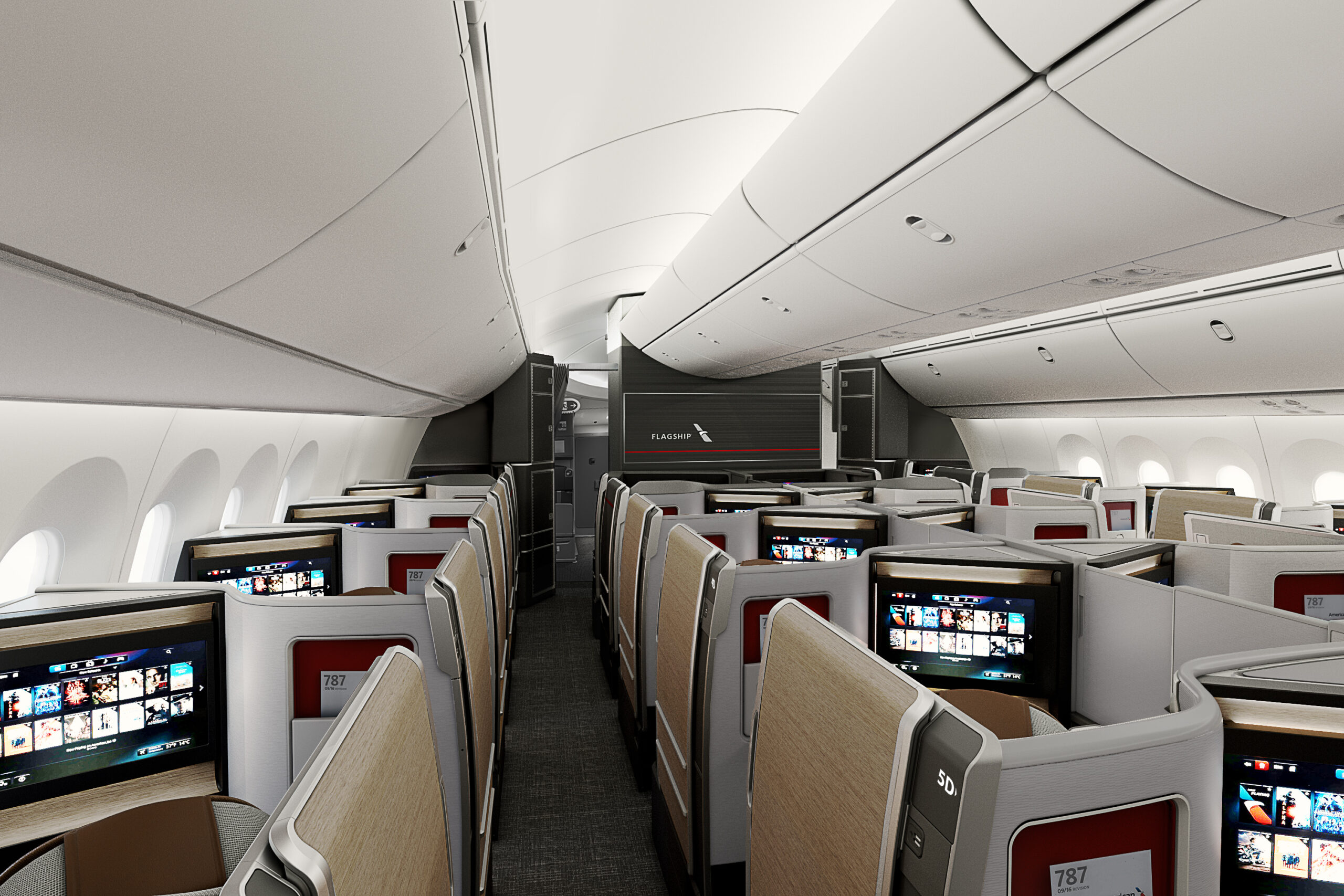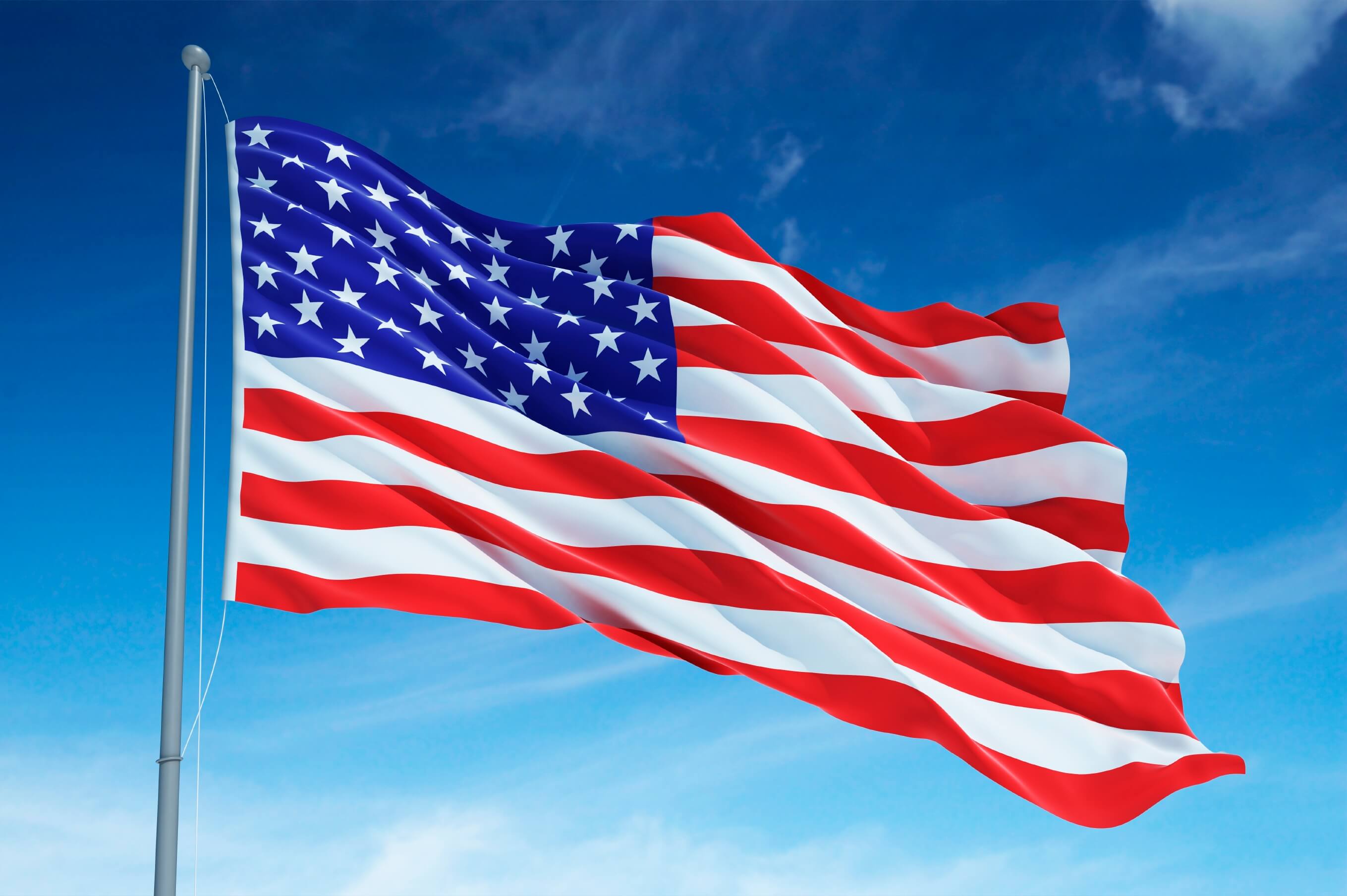The Dark Side of Skies: Uncovering the Shocking Truth About Flight Cancellations
As the world's air travel industry continues to grow, the frequency and severity of flight cancellations have become a pressing concern for millions of passengers. With millions of flights canceled or delayed every year, the consequences of these disruptions can be far-reaching, affecting not only travelers but also the economy and the environment. In this article, we will delve into the shocking truth about flight cancellations, exploring the reasons behind these cancellations, the impact on passengers, and the measures being taken to mitigate their effects.
The Statistics Behind Flight Cancellations
The data speaks for itself. According to the Bureau of Transportation Statistics (BTS), in 2020, over 17 million flights were canceled in the United States alone, resulting in over $24 billion in lost passenger revenue. Similarly, the International Air Transport Association (IATA) reported that in 2019, an estimated 120 million passengers experienced flight disruptions worldwide, with an average delay of over 60 minutes. These numbers highlight the alarming trend of flight cancellations and their devastating consequences.
The Reasons Behind Flight Cancellations
Flight cancellations can occur due to a variety of reasons, including severe weather conditions, mechanical issues, air traffic control problems, and security concerns. Severe weather conditions, such as hurricanes, tornadoes, or blizzards, can force airlines to cancel flights as a precautionary measure to ensure passenger safety. Mechanical issues, on the other hand, can be caused by a range of factors, including equipment failure, maintenance issues, or inadequate training. Air traffic control problems, such as congestion or air traffic management issues, can also lead to flight cancellations.
How Weather Conditions Contribute to Flight Cancellations
Severe weather conditions are a significant contributor to flight cancellations. According to the National Weather Service (NWS), in 2020, severe weather events such as hurricanes, tornadoes, and blizzards resulted in over 100,000 flight cancellations in the United States alone. The NWS estimates that severe weather events can lead to a 1% to 2% increase in flight cancellations, with the potential to reach as high as 5% in extreme cases.
The Impact of Mechanical Issues on Flight Cancellations
Mechanical issues are another significant reason behind flight cancellations. The Federal Aviation Administration (FAA) estimates that mechanical issues are responsible for around 10% of all flight cancellations. This can be caused by a range of factors, including equipment failure, maintenance issues, or inadequate training. Airlines are required to provide maintenance records and other information to passengers in the event of a mechanical issue, which can help to provide transparency and reassure passengers.
The Effects on Passengers
Flight cancellations can have a significant impact on passengers, causing frustration, inconvenience, and financial loss. Passengers may be forced to spend money on last-minute travel arrangements, accommodation, and food, while also dealing with the stress and uncertainty of disrupted travel plans. According to a survey by the American Consumer Satisfaction Index (ACSI), 71% of passengers reported being frustrated with flight cancellations, with 62% expressing concern about the reliability of airlines.
Reimbursement and Compensation for Flight Cancellations
Reimbursement and compensation for flight cancellations vary by airline and jurisdiction. In the United States, passengers are entitled to a refund or compensation under the Air Passenger Bill of Rights, which sets out the minimum standards for airline compensation. However, the amount of compensation can vary significantly, with some airlines offering minimal compensation or no reimbursement at all. Passengers should carefully review their airline's policy and seek assistance from the airline or the relevant authorities if they believe they are entitled to compensation.
Airline Response to Flight Cancellations
Airlines have taken steps to improve their response to flight cancellations. Many airlines now provide advanced notice of potential cancellations, allowing passengers to plan alternative travel arrangements. Airlines have also implemented various measures to reduce the likelihood of cancellations, such as proactive maintenance checks and more efficient air traffic management systems. However, passengers still experience frustration and disappointment when flights are canceled, highlighting the need for continued improvement in airline response and communication.
Mitigating the Effects of Flight Cancellations
While flight cancellations are inevitable, there are steps that airlines, passengers, and governments can take to mitigate their effects. Airlines can improve their response to cancellations by providing more transparent communication and offering more flexible rebooking options. Governments can support airlines in this effort by providing incentives for airlines to invest in maintenance and technology upgrades. Passengers can also take steps to protect themselves, such as purchasing travel insurance and keeping receipts for expenses incurred due to flight cancellations.
Strategies for Minimizing Flight Cancellations
Airlines can implement various strategies to minimize flight cancellations, including:
- Proactive maintenance checks
- Improved air traffic management systems
- Enhanced weather forecasting
- Training programs for crew members
- Alternative flight scheduling
Measures for Passengers
Passengers can also take steps to minimize the impact of flight cancellations, including:
- Purchasing travel insurance
- Keeping receipts for expenses incurred due to flight cancellations
- Staying informed about flight status and any potential cancellations
- Being flexible with travel plans
- Considering alternative transportation options
Conclusion
Flight cancellations are a common phenomenon in the air travel industry, with significant consequences for passengers and the economy. Understanding the reasons behind flight cancellations, the impact on passengers, and the measures being taken to mitigate their effects can help to reduce frustration and uncertainty. By implementing strategies to minimize flight cancellations, airlines, passengers, and governments can work together to improve the air travel experience and reduce the financial and emotional toll of these disruptions.
Billieilish Y
Raiders Owner
Zhao Lusi
Article Recommendations
- Sophie Rain
- Rebecca Pritchard Net Worth
- Debby Clarke Belichick
- Big Meech Net Worth 2024
- Mikaylah
- Diddy And Cameroniaz
- Harris Faulkner Illness
- Es
- Briialexia Fans
- Jodieer Husband



